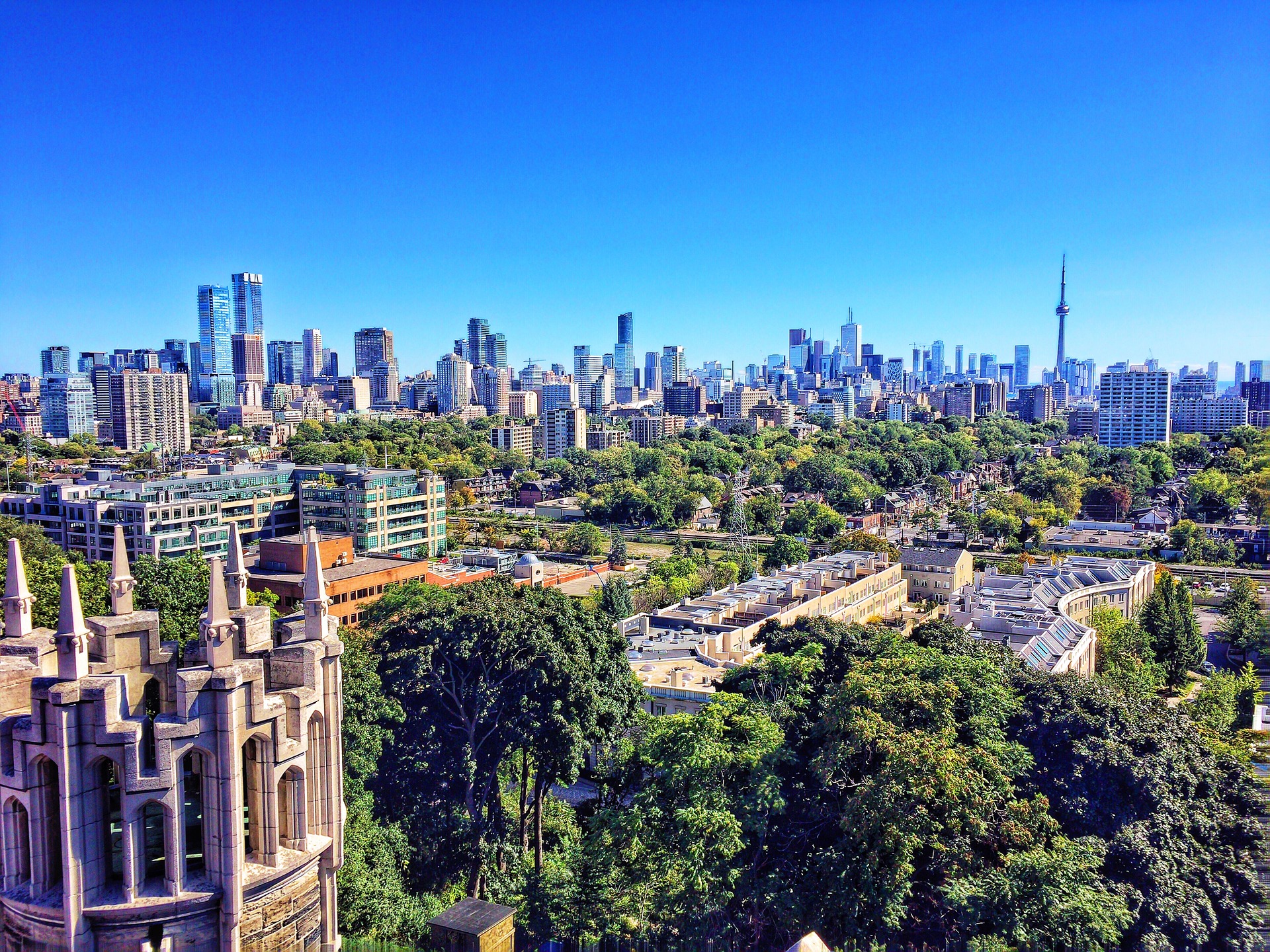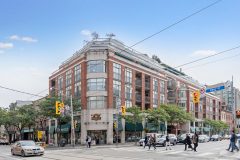Toronto real estate sellers set a record for new listings in May, yet the weather isn’t the only thing that’s been cool as of late.
The Toronto Real Estate Board’s (TREB) latest release shows buyer demand is nowhere near last year’s levels. Generally speaking, the market saw much more conservative price movements, listings skyrocket, and sales decline.
Yet, Toronto prices increased by 29%! Go figure.
Yes, Toronto real estate prices were a little softer than we’ve seen, but on the whole, there were still solid increases. The benchmark price is $821,400, a 29% increase from the same month last year. For those that don’t know, a benchmark price is the price of a “typical” home, adjusted to remove luxury pricing bias.
Please Read: What’s in Store for Toronto’s Crazy Real Estate Market..
The average price of a home showed slower growth compared to last year – May saw an average price of $836,910, a 6.09% decline from the month prior. This is still a 14.9% increase from the same time last year, so prices are still booming – just not as much. This number can be confusing, especially when looked at month-over-month.
A higher volume of lower priced units (like condos) can skew the average number to appear lower, which is why the figures are best looked at year-over-year. When looking at averages over a period of time, month-over-month declines are actually normal. Therefore, don’t read too much into a month-over-month price decline, because they happen.
The actual number of listings hit a new record across TREB – May saw 25,863 new listings, a 48.38% increase year-over-year. The month also ended with a two year record for active listings, 18,477. This represents a 42% increase from the same time last year.
But… Sales are, in fact, declining.
Sales across the GTA are showing substantial declines. TREB reported 10,196 sales last month, a decline of 20.3% from the same time last year. In Toronto alone, there was a slightly lower figure of 3,926 sales, a 15% decline during the same period. That might seem like a negative thing, but as prices climb more people will be priced out. By itself, it’s not that concerning of an issue. The declining sales coupled with an increase in inventory could lead to softer pricing in the future however.
So yes, it’s true that Toronto real estate isn’t experiencing the same booming market conditions it did just a few months ago, but it’s not exactly rapidly declining either. A declining average price might indicate a preference for lower priced units. It could also indicate less luxury inventory – which was bought at an unusually fast rate just the month before.
The increase in inventory and a decline of sales are the more concerning trend to keep an eye on. If this imbalance of inventory to sales continues for a prolonged period, the market may be cause for some to worry.
-With contributing statistical info from betterdwelling.com







